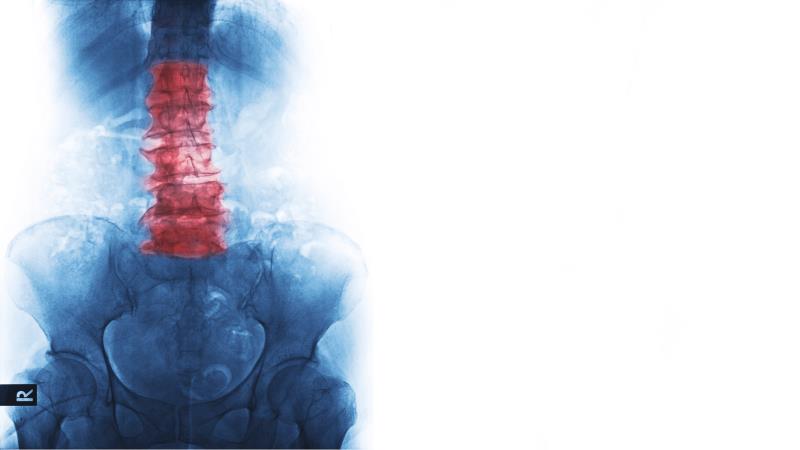
The efficacy and safety of the biosimilar IBI303 mirrored that of the monoclonal anti-TNFα* antibody adalimumab, thus providing a new and affordable treatment alternative for individuals with ankylosing spondylitis, according to a Chinese study.
“Currently, there is no approved anti-TNFα biosimilar in China … [Our findings show that] IBI303 could effectively improve the condition of patients with ankylosing spondylitis and is therapeutically equivalent to adalimumab,” said the researchers. The findings also imply that IBI303 could be an alternative to the costly adalimumab that may consequently lead to improvement of treatment availability, they added.
IBI303 was compared against adalimumab in a cohort of 438 individuals with ankylosing spondylitis (mean age 32.3 years, 83 percent male) who were randomized 1:1 to receive 40 mg of either drug subcutaneously every 2 weeks until week 22. [Lancet Rheumatol 2019;1:e35-e43]
At week 24, the percentage of participants who achieved the primary outcome of ASAS20** was similar in both IBI303 and adalimumab arms, be it in the full analysis (75 percent vs 72 percent) or the per-protocol cohort (80 percent for both).
“[T]he primary outcome in [both] populations indicate therapeutic equivalence between the biosimilar candidate IBI303 and adalimumab,” said the researchers. “[Moreover,] clinical responses to IBI303 occurred as early as 2 weeks after treatment and the response was sustained through week 24, showing a pattern similar to that of adalimumab.”
Safety-wise, both the IBI303 and adalimumab arms had similar rates of treatment-emergent adverse events (AEs, 79 percent vs 82 percent), drug-related AEs (61 percent vs 64 percent), and serious AEs (3 percent vs 4 percent), signifying the manageable and acceptable safety profile of IBI303.
Bridging the gap
The high cost of adalimumab (>US$2,000/month) is a huge setback, as “[this] is well beyond the affordability of most Chinese patients, considering the cost is not covered by health insurance,” explained the researchers. [Zhonghua Yan Ke Za Zhi 2013;49:285-288]
To bridge the gap between the medical need and treatment affordability, the National Medical Products Administration of China had issued technical guidelines for the regulation of biosimilars in 2015, a key step to foster and facilitate the domestic development of biosimilars. [GaBI Journal 2018;7:75-76] The development of biosimilars may provide a tremendous benefit to the large fraction of patients with autoimmune and rheumatic diseases, whose medical needs are hampered by the steep prices of originator drugs, noted the researchers.
“We anticipate the incoming approval for biosimilars like IBI303, which will substantially improve patient access to treatments for autoimmune and rheumatic diseases … [T]he approval of IBI303 would greatly enhance accessibility to treatment for [our] large patient population … who cannot afford the high cost of adalimumab,” concluded the researchers.